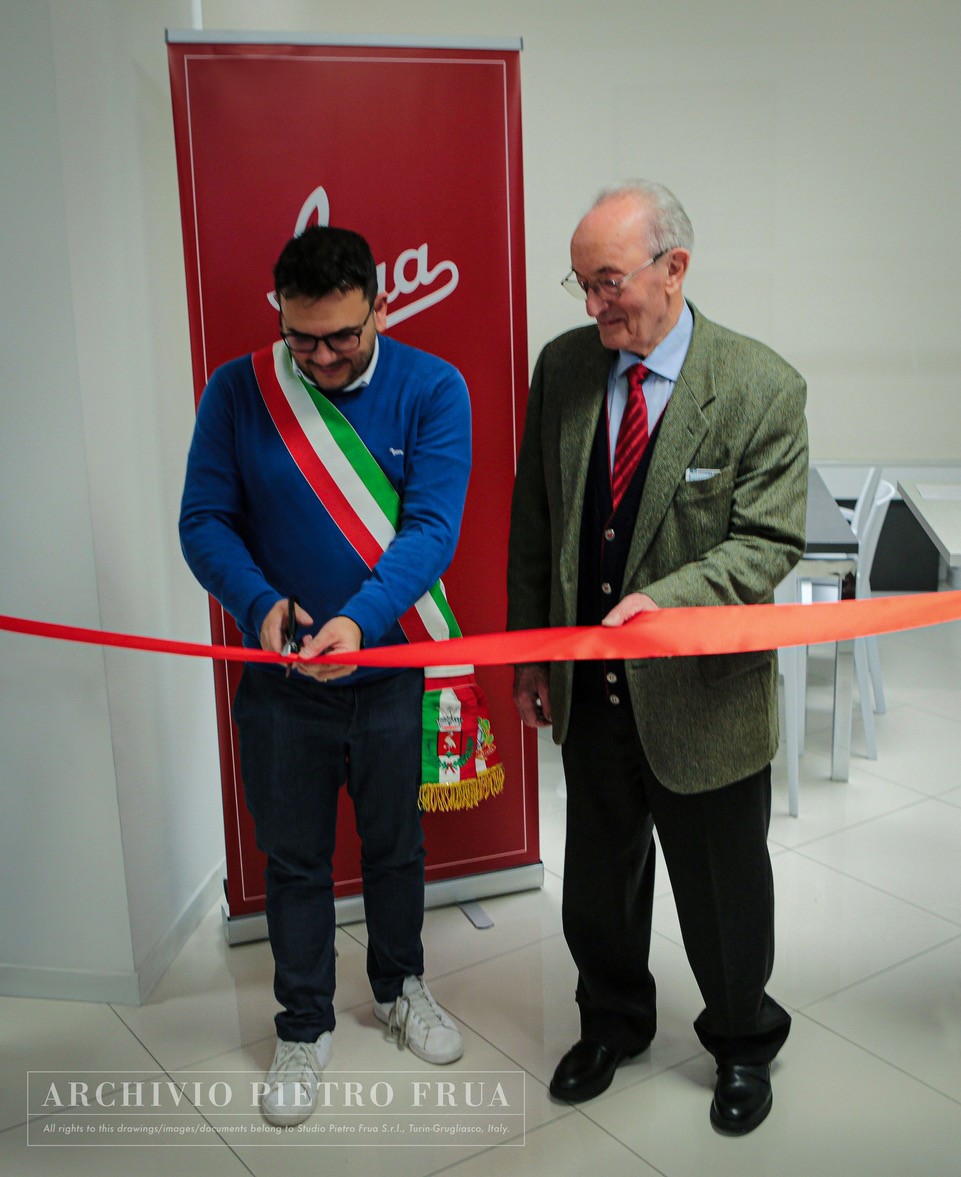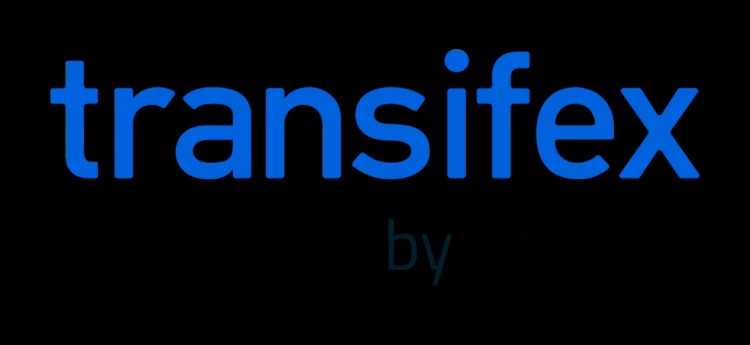The arrest and deportation of Ali Abunimah, co-founder and executive director of Electronic Intifada, has drawn widespread outrage and raised serious questions about the suppression of free speech in Europe.
Electronic Intifada, a vital platform amplifying the Palestinian perspective on the Israeli occupation, has been an indispensable resource for over 24 years, challenging mainstream narratives and documenting the realities of life in the West Bank and Gaza.
Abunimah, an American citizen, was detained in Zurich on January 25, 2025, ahead of a scheduled speaking engagement. Swiss police cited an entry ban as the reason for his arrest. Following international condemnation, Abunimah was released and deported to the United States. Speaking after his release, Abunimah stated, “My offense is being a journalist who speaks up for Palestine.”
Backlash and Widespread Condemnation
The arrest drew sharp criticism from international human rights advocates, activists, and UN experts. Irene Khan, the UN Special Rapporteur on Freedom of Opinion and Expression, described the arrest as “shocking” and called for an investigation into the circumstances of his detention. Francesca Albanese, the UN Special Rapporteur on Human Rights in the Occupied Territories, expressed alarm at the increasingly toxic climate surrounding freedom of speech in Europe.
Activist and journalist Aaron Maté, who was informed of Abunimah’s arrest while on stage at a speaking engagement in Toronto, described the incident as part of a broader pattern of repression. “Switzerland, of all places, detaining a journalist like Ali is shocking. He’s been at the forefront of exposing European complicity in Gaza’s genocide. This isn’t an isolated case; it reflects Europe’s broader crackdown on Palestinian solidarity,” Maté remarked.
Broader Pattern of Suppression
Abunimah’s arrest is not an isolated incident. Over the past year, pro-Palestinian advocates and journalists across Europe have faced increasing repression. In 2023, Palestinian surgeon Dr. Ghassan Abu-Sittah was barred from entering Germany and France to deliver lectures. Electronic Intifada contributor Asa Winstanley was arrested in the UK under counterterrorism laws, his home raided, and his devices seized—though he was never charged with a crime.
The silencing of pro-Palestinian voices is compounded by the selective application of free speech principles. Critics highlight the glaring hypocrisy of Western democracies, where free speech is championed in principle but restricted in practice for those challenging Israeli policies and Western complicity in Gaza.
The Case of Dyab Abou Jahjah and Belgium’s Stand
Meanwhile, Dyab Abou Jahjah, president of the Hind Rajab Foundation, has filed a groundbreaking criminal complaint in Belgium against Israeli Minister Amichai Chikli. The complaint accuses Chikli of making terrorist threats through a January 2025 social media post referencing a deadly incident in Lebanon, where Israeli intelligence detonated 5,000 pagers, killing 12 and injuring thousands.
Chikli’s post, aimed at intimidating Abou Jahjah into halting his advocacy for justice in Gaza, has been classified as terrorism under Belgian law. Belgian authorities confirmed that Chikli does not enjoy diplomatic immunity, forcing him to cancel a planned visit to Brussels. This case underscores Belgium’s commitment to holding individuals accountable for international crimes, regardless of rank or influence.
Hypocrisy of Free Speech Advocacy
The response to Abunimah’s detention underscores a troubling hypocrisy among self-proclaimed “free speech warriors.” While many decry social media bans and so-called “cancel culture,” they remain silent on state-led crackdowns against pro-Palestinian advocates. This double standard raises critical questions about the impartiality of European states and their commitment to fundamental freedoms.
Aaron Maté and other critics pointed out that free speech in Western democracies is increasingly conditional. “This is the face of Europe now—a chilling clampdown on free speech in service of suppressing Palestinian advocacy. The Swiss, once neutral, have sold out to U.S. Empire interests. It’s dystopian. Free speech is no longer safe anywhere,” Maté said.
Broader Implications
The suppression of voices like Abunimah’s represents a direct assault on journalism and free expression. His arrest coincided with incidents such as Israeli President Isaac Herzog’s attendance at the World Economic Forum in Davos, where he faced no repercussions despite criminal complaints accusing him of inciting genocide.
These events highlight a selective enforcement of international law and underscore the precarious state of free speech for those advocating for Palestinian rights. Abunimah’s case is emblematic of a broader campaign to stifle dissent, using legal and extralegal means to silence criticism of Israel and Western complicity in its policies.
As calls for Abunimah’s release turned into demands for accountability, a petition urging his freedom garnered widespread support. The Electronic Intifada team, standing in solidarity with its co-founder, declared, “Speaking out against injustice in Palestine is not a crime. Journalism is not a crime. Free Ali Abunimah.”
The arrest, subsequent deportation, and the broader patterns of repression across Europe emphasize the urgent need to defend the rights of journalists and advocates who dare to challenge entrenched power structures. The world is watching, and the fight for justice and free speech continues.




